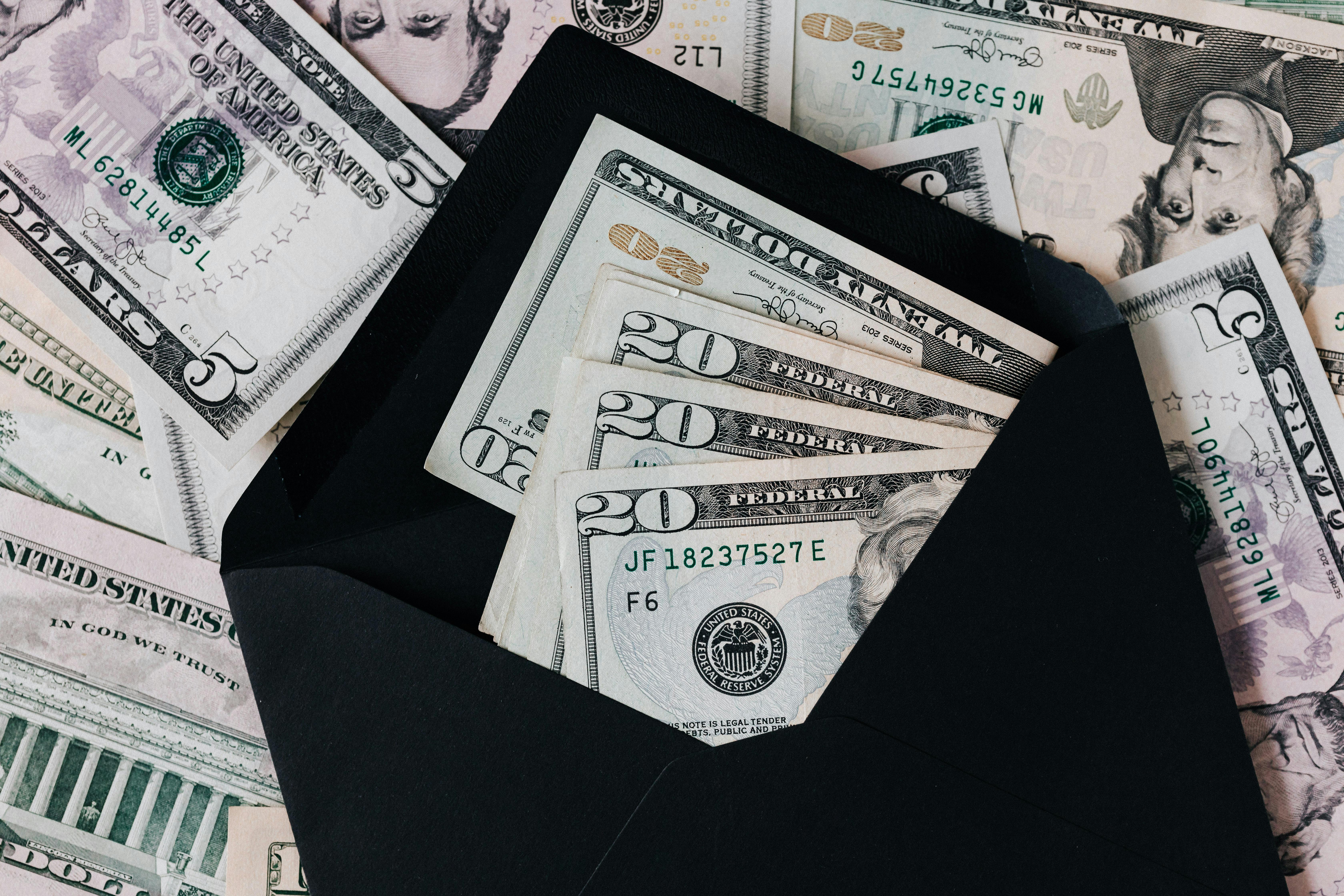Let’s be honest, managing money can feel like a constant uphill battle, especially with the ever-changing economic climate. Inflation, rising costs, and the desire to live a fulfilling life often leave us wondering how to save more and spend smarter. But what if I told you that with a few strategic adjustments and the right mindset, you could transform your financial habits and build a more secure future? This year, 2025, presents unique challenges and opportunities, and I’m here to guide you through the latest money-saving trends and life hacks that actually work. Ready to take control of your finances? Let’s dive in! 😊
Understanding the Current Financial Landscape in 2025 🤔
Before we jump into specific tips, it’s crucial to understand the economic backdrop of 2025. Inflation remains a significant concern for many households, influencing daily expenses, savings, and financial planning. In August 2025, the Consumer Price Index (CPI-U) increased by 2.9% over the last 12 months, with shelter being the largest factor in the monthly increase. Food prices also saw a rise of 0.5% over the month.
Consumer spending patterns are also evolving. While some consumers are optimistic about the economy, many are planning to curb future spending or are opting for lower-priced products and discount retailers. This shift is driven by a desire for value and a longer research period before making purchases.
As of Q2 2025, 52% of Americans are living paycheck to paycheck, and 33% report struggling or being in a financial crisis. This highlights the ongoing need for effective money management strategies.
Essential Money-Saving Habits for 2025 📊
The good news is that despite these challenges, there are proven strategies to help you save smarter, not just harder. Many traditional money-saving tips are getting a high-tech upgrade, and new methods are becoming mainstream.
Automate Your Savings and Investments
One of the most effective ways to save is to make it automatic. Automated micro-saving apps like Acorns, Qapital, and Digit have become mainstream in 2025, allowing users to set rules for saving without constant manual effort. These tools integrate with your calendar, purchase habits, and financial goals, making passive saving add up faster.
Beyond savings, consider automating investments. Easy-to-use trading apps and retirement accounts like 401(k)s have made investing simpler for many Americans. Moving money from checking and savings into higher-yielding options like brokerage accounts or money market funds is a growing trend.
Mastering Your Budget with Modern Tools
Budgeting is the foundation of financial stability. In 2025, the best budgeting apps go beyond just tracking past transactions; they help you plan proactively. Apps like YNAB (You Need A Budget), Monarch Money, and PocketGuard are highly rated for their ability to help users allocate every dollar and gain a clear view of their cash flow.
The “50/30/20 rule” remains a popular guideline: allocate 50% of your income to needs, 30% to wants, and 20% to savings or debt payments.
| Budgeting App | Key Feature | Benefit | Pricing Model |
|---|---|---|---|
| YNAB (You Need A Budget) | Zero-based budgeting | Intentional spending, every dollar has a job | Subscription |
| Monarch Money | Customized budgeting, investment tracking | Comprehensive financial overview | Subscription |
| PocketGuard | Budget snapshot, “In My Pocket” feature | Quick view of spendable money | Freemium |
| Rocket Money | Subscription management, bill negotiation | Identifies waste, helps reduce recurring costs | Freemium |
While budgeting apps are powerful, remember that 41% of Americans are concerned about inflation in 2024 (up from previous years). Regularly review your budget to ensure it aligns with rising costs, especially for essentials like food and housing.
Key Takeaways: What You Need to Remember! 📌
Have you been following along? It’s easy to get lost in a long article, so let’s quickly recap the most important points. Please keep these three things in mind.
-
✅
Automate Your Financial Growth
Set up automatic transfers to savings and investment accounts to ensure consistent growth without manual effort. -
✅
Leverage Modern Budgeting Tools
Utilize apps like YNAB or Monarch Money to proactively plan your spending and track expenses, adapting to 2025’s economic shifts. -
✅
Prioritize Debt Repayment and Emergency Funds
Focus on paying off high-interest debt and building an emergency fund of 3-6 months’ expenses to create a strong financial safety net.
Smart Spending & Lifestyle Hacks for 2025 👩💼👨💻
Beyond traditional budgeting, several lifestyle adjustments and smart spending strategies can significantly impact your savings. The key is intentionality and leveraging technology.
Audit and Optimize Subscriptions
The average household spends hundreds per year on forgotten subscriptions. In 2025, AI-powered tools like Rocket Money and Trim are becoming financial control hubs, not only identifying waste but also helping users renegotiate bills and flag price hikes. This is an easy win for your budget.
Embrace Energy Efficiency as a Savings Strategy
As utility costs climb, more consumers are treating energy efficiency as a way to save money. Smart thermostats, LED lighting, energy monitors, and tax credits for efficient appliances are part of a growing “home optimization” trend. Even renters can benefit from portable devices and simple insulation upgrades.
Mindful Spending and “Buy Nothing” Movements
“Zero-Day Spending” challenges and “no-spend months” have seen a revival in 2025, fueled by social media trends and frugal influencers. These challenges are now more structured with built-in accountability through digital communities. Additionally, the “Buy Nothing” movement, where hyper-local online communities facilitate sharing and gifting items, is outpacing traditional coupon culture.

Organizing your finances can lead to significant savings.
When shopping, always go with a list to avoid impulse purchases. Consider implementing a “30-day rule” for non-essential items: wait one month before buying to see if it’s truly necessary.
Real-Life Example: Saving for a Down Payment 📚
Let’s consider a hypothetical example of Sarah, a young professional in her late 20s, aiming to save for a down payment on her first home by the end of 2026. The median home price in the U.S. was near a record $437,942 as of April 2025, with hidden homeownership costs averaging $21,400 annually.
Sarah’s Situation
- Income: $4,500/month (net)
- Current Expenses: $3,500/month (including rent, bills, discretionary spending)
- Savings Goal: $50,000 for a 10% down payment + closing costs by December 2026 (26 months)
Saving Process
1) Automate Savings: Sarah sets up an automatic transfer of $500 from her checking to a high-yield savings account every payday. This immediately allocates $1,000/month towards her goal.
2) Budget Optimization: Using a budgeting app like Monarch Money, Sarah identifies areas to cut back. She reduces dining out by $200/month and cancels an unused streaming service for $15/month. She also finds a cheaper phone plan, saving $25/month. Total savings from optimization: $240/month.
3) Side Hustle: Sarah takes on a small freelance project, earning an extra $300/month, which she also directs to savings.
4) Windfalls: She receives a $1,500 tax refund and immediately deposits it into her down payment fund.
Final Result
– Monthly Savings: $1,000 (automated) + $240 (budget cuts) + $300 (side hustle) = $1,540
– Total Saved in 26 Months: ($1,540 * 26) + $1,500 (tax refund) = $40,040 + $1,500 = $41,540
While Sarah didn’t quite hit her $50,000 target through monthly savings alone, her consistent habits and strategic adjustments put her well on her way. She can now consider a slightly smaller down payment, or continue her efforts for a few more months. This example shows how a combination of automation, mindful budgeting, and additional income streams can significantly accelerate financial goals.
Conclusion: Your Path to Financial Freedom 📝
In 2025, navigating your personal finances requires a blend of traditional wisdom and modern strategies. From automating your savings and leveraging powerful budgeting apps to embracing energy efficiency and mindful spending, every habit you cultivate contributes to your financial well-being. Remember, the goal isn’t just to save money, but to build a resilient financial future that offers peace of mind and the freedom to pursue your dreams.
What money-saving habits are you planning to adopt this year? Share your thoughts and questions in the comments below! Let’s build a financially stronger community together. 😊
Your 2025 Financial Action Plan
Frequently Asked Questions ❓
